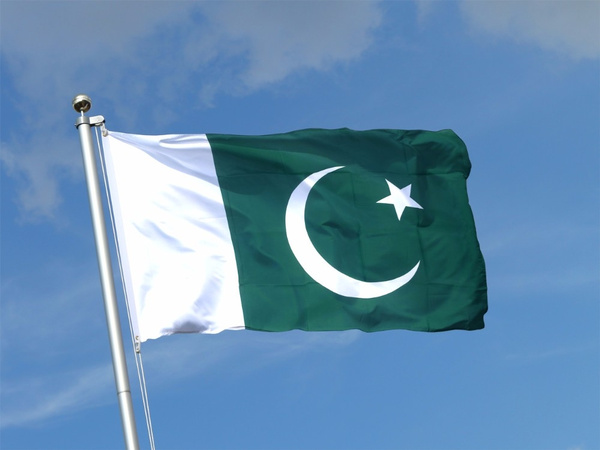
Pakistan’s political chaos continues unabated: there are fissures within the all-powerful military establishment, within the superior judiciary, bureaucracy, police and the general public. Almost one year after taking over, the Prime Minister is unable to bring things under control. Politicians are slugging it out with each other on social and mainstream media.
While all democracies are facing internal crises, in the words of nuclear physicist and author, Pervez Hoodbhoy, “all Pakistani leaders — whether civil or military — have shared a similar Weltanschauung. Governance practices during their stints in power scarcely differed.”
First, Hoodbhoy notes, “all parties — the PTI, PML-N, PPP, and JUI-F — have postures and positions on India and Kashmir that are indistinguishable. From Pakistan’s birth onward, patriotism and nationalism was conflated with anti-Indianism. This became a substitute for nation-building or working towards high positive goals. Hence, loving Pakistan means hating India; liberating Kashmir is the topmost priority; nuclear weapons are our most precious national assets; and an oversized army must be provided with every resource else we shall be swallowed up by India.”
However, as Hoodbhoy states, “Hidden from public view by design is that three (1947, 1965, 1999) of the four Pak-India wars were actually initiated by Pakistan. Generous military and economic aid provided by the US made possible these wars of choice. But after that patronage disappeared, China shied away from stepping into America’s shoes. Talk of a forever war with India dissipated. Also gone is the earlier option of pursuing war by covert means. FATF pressure led to Hafiz Saeed’s downfall, after which a flourishing cross-border jihad withered away. Today, the most any political party can do is to make noises and rhetorical gestures. Still, old habits die hard. Each hopes to score points by accusing its rival of being soft on Kashmir.”
Second, according to Hoodbhoy, “both PTI and PML-N value religion as an instrument for social control and creating a passive mindset. This softens popular resistance to massive wealth inequities. During Pakistan’s early years, Muslim League leaders had exploited this passivity to block land reform in Punjab and Sindh. This holds true today too. To the dismay of teachers and students, schools in Punjab and KP have dropped art and computer classes to accommodate rote-learning of additional SNC religious materials. Pakistan’s rotten schooling — the lowest in quality anywhere — is poised to get even more rotten.”
Third, as Hoodbhoy clarifies, “PTI and PML-N are equally unworried about happenings on the ‘periphery’; for them Pakistan is Punjab. But outside Punjab, people look with bemused detachment at the media hoo-ha after the kidnapping of PTI party workers. Why, they ask, was there radio silence when thousands went missing over the years in Balochistan, KP and Sindh. The jailing of PTM parliamentarian Ali Wazir, the arrest of Maulana Hidayat-ur-Rahman, the brutal murder of coal miners in Machh by religiously inspired militants, and countless terror incidents in Peshawar and Fata drew barely a flicker of concern in Punjab.”
Finally, as Hoodbhoy writes, “No political party has any credible plan to rescue the economy. Now that all roads are blocked, to formulate one is impossible. This did not happen suddenly. Those at the top were forewarned years earlier of impending collapse but chose to look the other way. The world, they argued, would never allow a country as big — and as nuclear — as Pakistan to fail. But with Pakistan’s steep fall in geopolitical importance after the US exit from Afghanistan, this false hope shrivelled. Should the Saudi-Iranian rapprochement take off, a further downgrade will follow. Overspending on defence, overpopulation, overconsumption of luxury products, underproduction of industrial goods, undersupply of useful human capital, and a singular focus on real estate investments will exact their terrible toll in the months to come. As the rupee sinks, to imagine that friendly countries will forever keep bailing out Pakistan — or that expats will resuscitate a bankrupt economy — is childish nonsense.”
In conclusion, Hoodbhoy warns “Let’s face it: a flawed concept of nationalism created a class of plunderers, both civilian and military. The chickens have come home to roost. The flour stampedes are just the beginning. The poor will pay first, but all will pay ultimately.”
![]()





